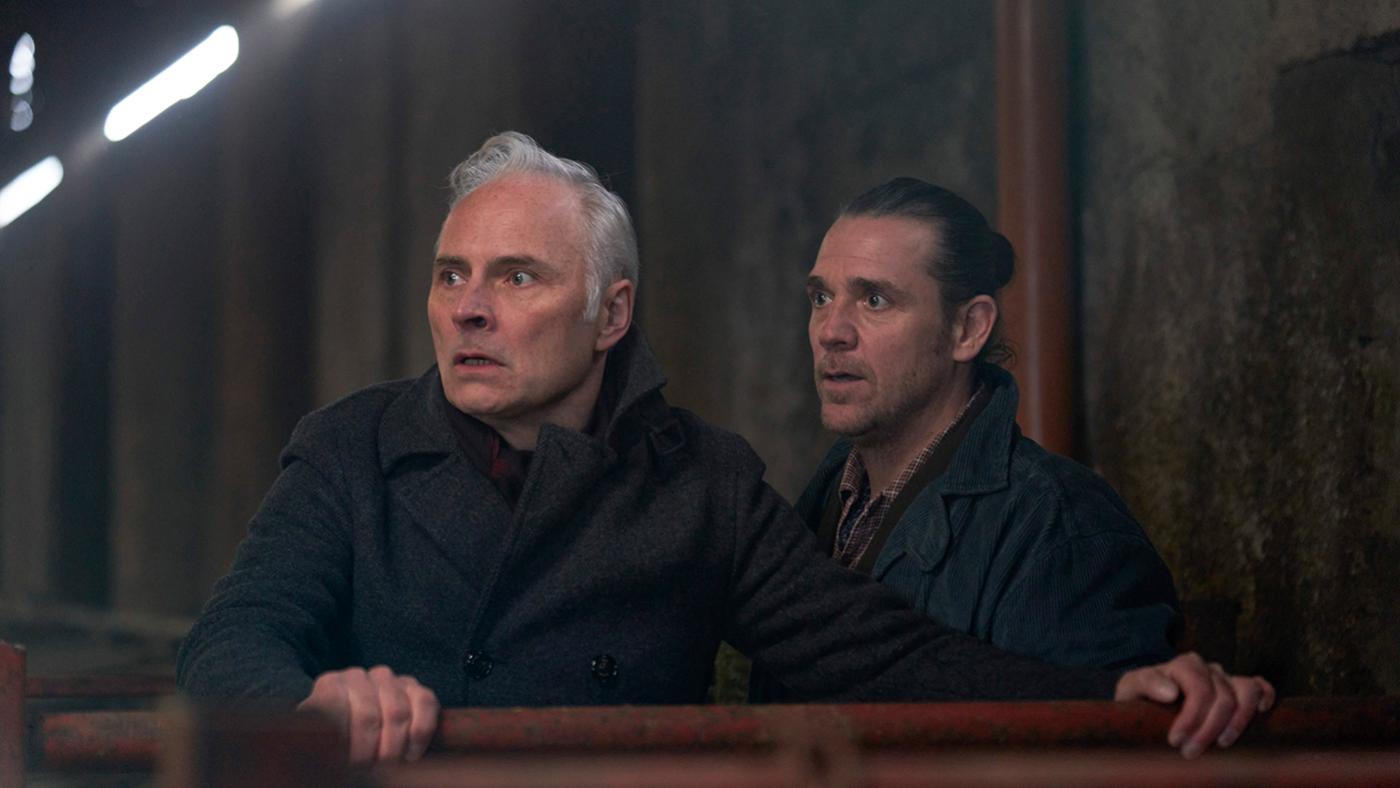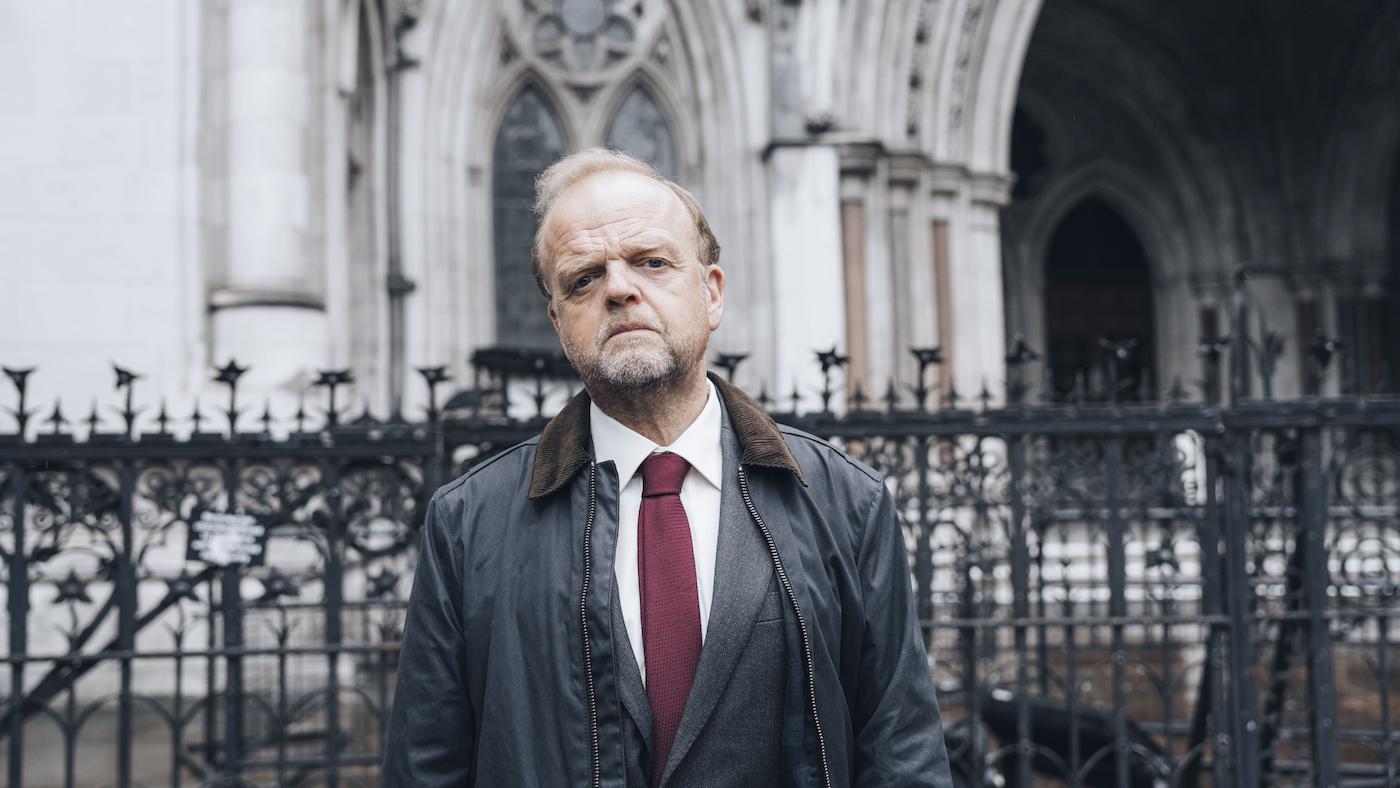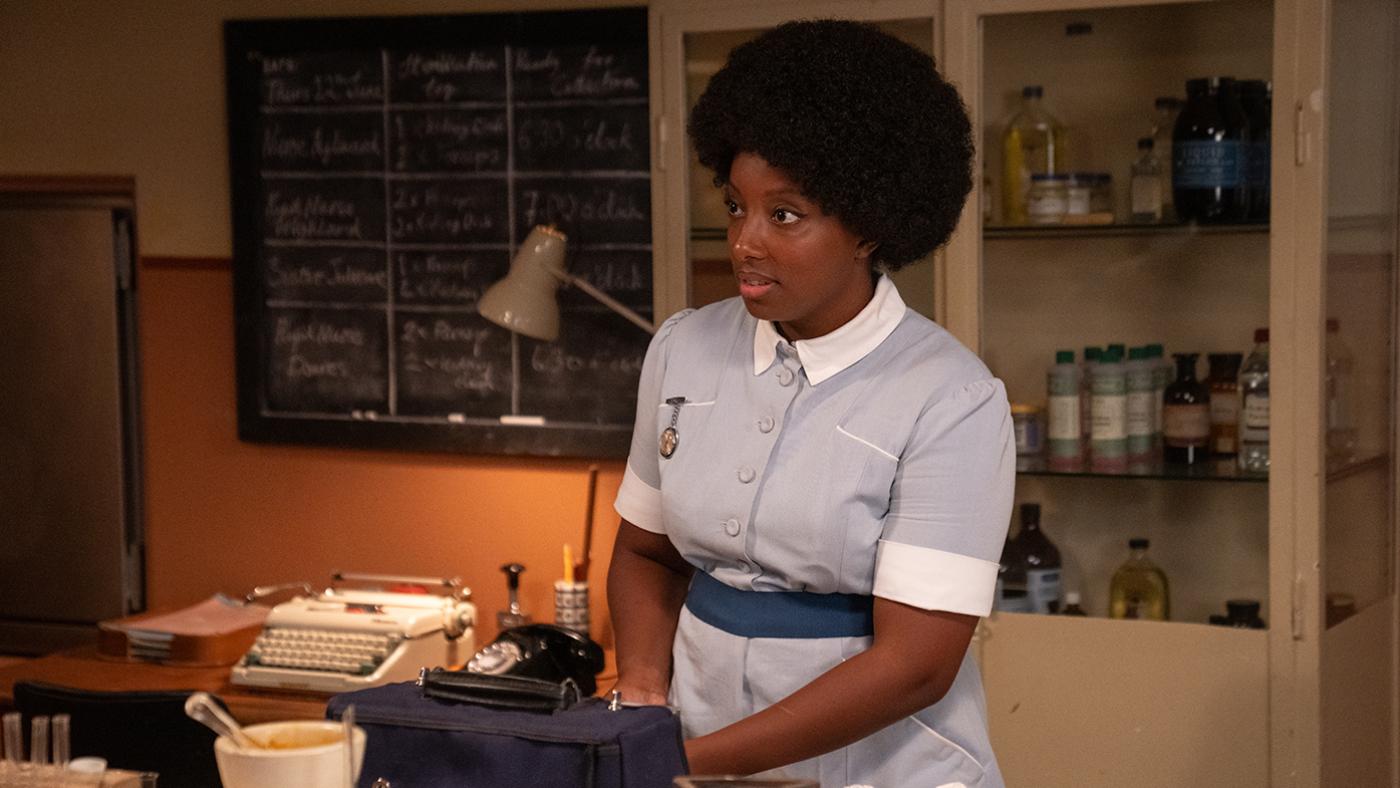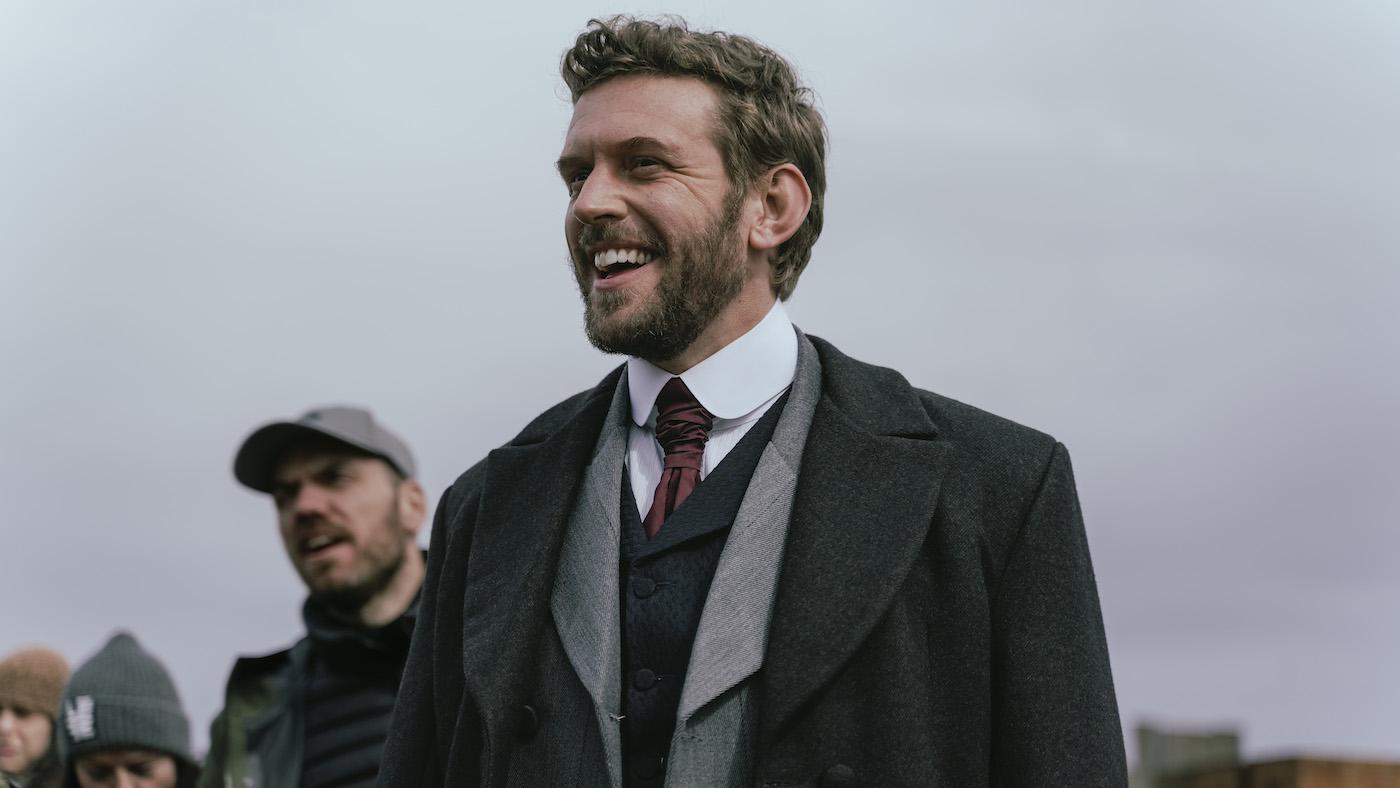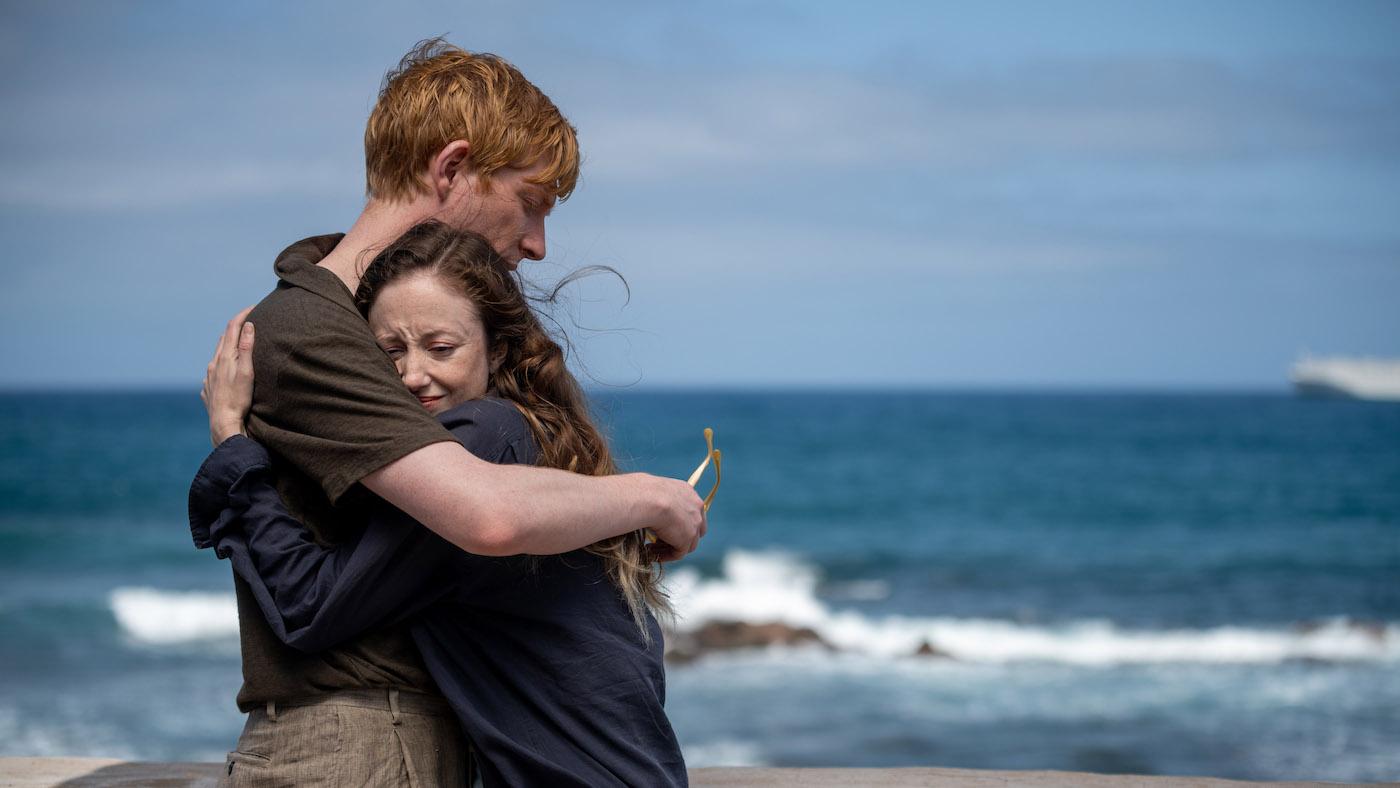'Alice & Jack' Recap: Episode 5
Daniel Hautzinger
April 14, 2024
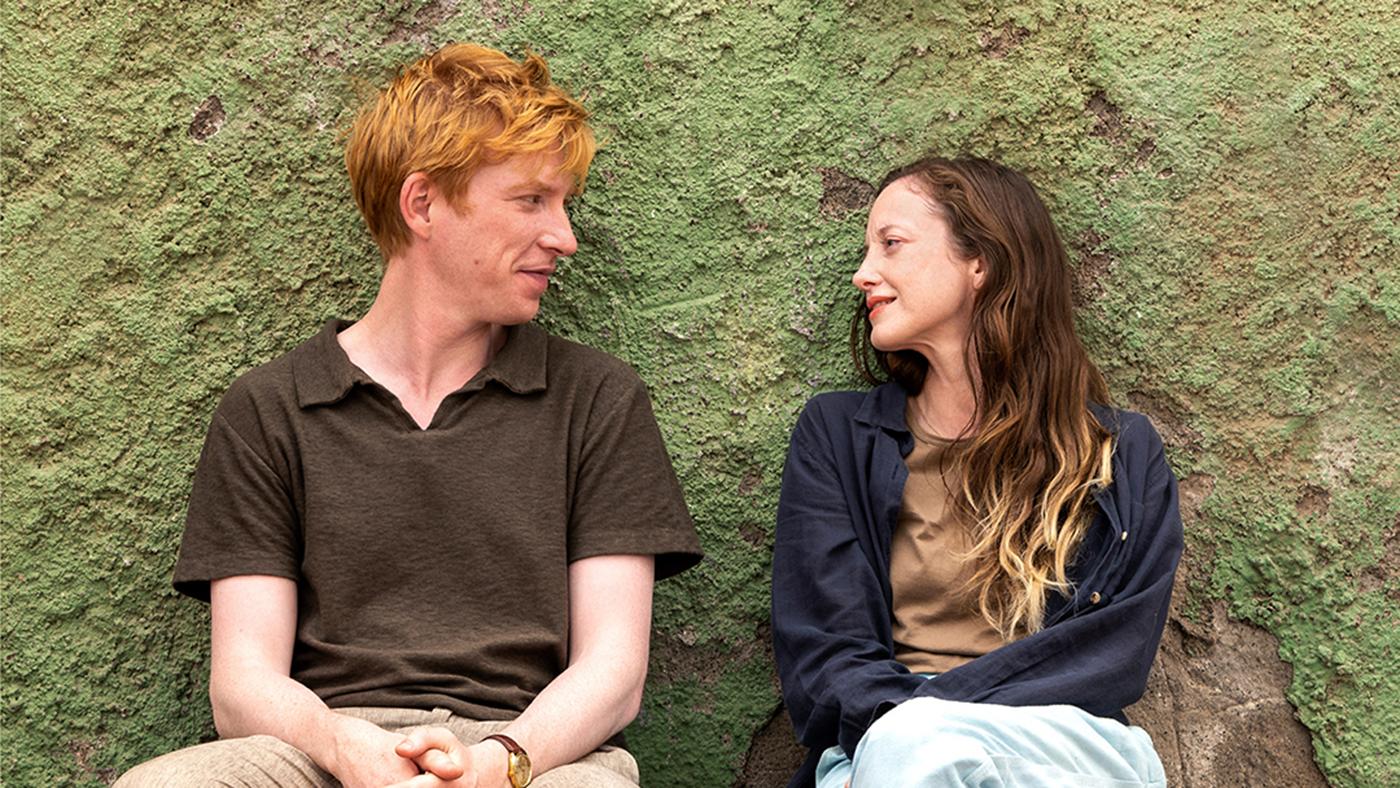
Alice & Jack airs Sundays at 9:00 pm on WTTW and streaming. Recap the previous and following episodes.
Keep up with your favorite dramas and mysteries by signing up for our newsletter, Dramalogue.
As a doctor prepares to artificially inseminate Alice, Jack holds Alice’s hand. Alice pauses the doctor and asks her if Jack could do the insemination; legally, no. So she requests a moment alone with Jack. As soon as the doctor leaves, Alice and Jack are all over each other. Insemination occurs, but not artificially.
That evening, Jack dotes on Alice at her apartment and offers to stay the night on the couch, in case she needs anything, even if he doesn’t want to discuss what they did earlier that day. After initially refusing, Alice asks him to sleep over and he settles on the couch.
The next day, he calls Rachel, his new sort-of girlfriend who urged him to be with Alice for the insemination, and tells her what happened. She is mostly understanding, but hangs up when he begins to wonder if he and Alice are going down a road towards a more intimate relationship.
Alice ends up pregnant. Jack is ecstatic. Even Alice’s careful suggestion that they might finally be able to make a relationship work doesn’t dampen his excitement, although he rejects the offer by telling Alice that they have tried several times before and it has always ended horribly.
Nevertheless, Jack is there when Alice attends an appointment with her ob/gyn. He grasps the import of what the doctor says before Alice does: Alice has cancer. Not only will she not be able to have her baby; there’s a two percent survival chance over five years with her form, bile duct cancer.
Jack decides to turn the medical research team he leads (thanks to Alice’s financial generosity) towards researching bile duct cancer. His colleague Paul is against taking resources from their research into other diseases to simply drop in on the world’s most confounding illness, but Jack has a theory that could help treatment. Paul admits that he understands why Jack is doing this; he would do the same for his partner, Donna. He agrees to join Jack in the research, but warns him not to get his hopes up. But Jack has to hope.
Jack surprises Alice outside her first radiation appointment. She’s impressively equanimous, worried about Jack instead of herself. She wants to travel with him; she asks him to go to Cuba, where they finally reconnected and began a sustainable friendship, to “our roof.” He agrees.
Then Jack has his own medical surprise. He has an attack while riding in a car and calls not the ailing Alice but his ex-wife Lynn. So Lynn is the one sitting by Jack’s side when he learns that he had an aneurysm, caused by the genetic Ehlers-Danlos syndrome. His parents didn’t die of heart attacks, as he believed; this was the cause. But now that doctors know he has it, they can keep it from killing him, with monitoring and adjustments to lifestyle.
Jack doesn’t tell Alice about his Ehlers-Danlos or the research he is conducting on her behalf. He tells Lynn that Alice seems resigned to dying, so much so that he doesn’t understand why she’s putting herself through chemotherapy. It’s for you, Lynn tells Jack.
Given all this bad news, a vacation to Cuba seems like it might do some good. Alice’s friend and assistant Maya organizes it all for Alice and Jack; Alice surprises Maya by telling her she loves her. But then the taxi taking Alice and Jack to the airport gets in an accident. Traffic builds; they will never make it to the airport in time.
Jack frets, but Alice is utterly cool; there will be another flight. She just wants to spend time with Jack. She tells the driver to take their luggage back to her apartment once he has extricated himself from the crash, and she and Jack set off on a meandering walk through London.
She tells Jack that she would have liked to try to have kids with him again, if she were well. The pair of them imagine the future that would result if they were a family: the number of kids, the vacations, their careers. It’s not wistful but joking, happy.
Jack tells Alice that the excitement of being with her has never faded for him. She admits that she doesn’t trust contentment; she doesn’t want to end up a couple that has nothing to say to each other anymore.
They find themselves near Celia’s school and start to imagine her future. They spot her shyly talking to a boy and Alice prevents Jack from going to talk to his daughter.
Over beers, they imagine turning 100. Jack says they should recreate this very day then, but in reverse: rather than imagining the future, they can reminisce about their lives together on a long walk. Alice finally shows some emotion over her likely death, telling Jack that because he is with her any death is too soon. They kiss. Maybe contentment is ok, she says.
Jack asks her why she’s not angry at her prognosis – he certainly is. But she doesn’t want to spend whatever days she has left being angry. She asks if he will be ok if she dies; he says no. But she thinks they’ll see each other again. That brings her back to the first time they met, when she interrogated Jack on everything, including his relationship with religion. She’s not really religious, but she does occasionally see hints of divine providence in the world – like Jack.
Paul calls and Alice goes to get another beer. Paul is just updating Jack that the team has finished their first round of research tests, with no success – but there’s plenty more to go. Jack tells Paul that Alice wouldn’t want the research to take place, and that it won’t be successful. We should spend our time more wisely, researching diseases we can have an impact on, he tells Paul. Shut down the research. Go back to the other projects.
Alice returns with two beers. She and Jack clink glasses: “To us.”

